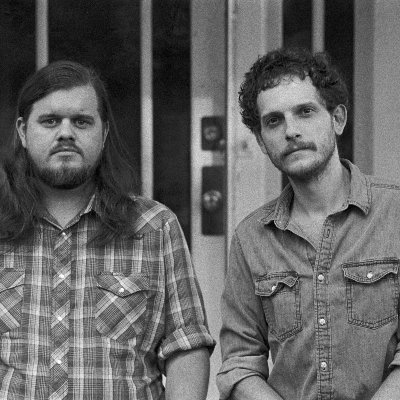
Presented by:
Triple D's
Margo Cilker

Margo Cilker
Valley Of Heart’s Delight refers to a place where Cilker can't return: California’s Santa Clara Valley, as it was known before the orchards were paved over and became more famous for Silicon than apricots. She is the fifth generation of her namesake born there, and in this 11-song collection, produced by Sera Cahoone, family and nature intertwine as guiding motifs, at once precious and endangered, beautiful and exhausting. Cilker moved from California to the Pacific Northwest in her mid-twenties and wrote much of Valley Of Heart's Delight while living in Enterprise, Oregon, a small town near the Snake River and powered by the river’s massive, publicly-funded hydroelectric dams. Valley Of Heart’s Delight feeds off of this tension - how we live in and off of nature, how we live within and without family, and why we return to the places we were born. “I wrote these songs surrounded by the wild landscapes of the Northwest, but I was leaning toward the place I’d come from. I felt cut off from my family and the valley that held them. I spent hours thinking about my sense of belonging. I’d traveled through many places and then, when the travel stopped, I ruminated on where I had ended up. Where were you when the music stopped? I was in Enterprise, OR. And there in Enterprise, my mind drifted back to the Valley of Heart’s Delight. I wrote about family — about death and rebirth, and the arcs of love and art through a family line. There are songs that hint at missteps and redemption. There are songs about trees: in orchard rows, family trees, redwoods. And water: agricultural runoff, wild rivers, dammed rivers, baptismal flows. And there’s a [cover] song about a fish, cause it’s a damn good song and I wanted to record it.” Valley Of Heart’s Delight follows Cilker's critically acclaimed Pohorylle debut, which resulted in a profile by NPR's All Things Considered for "bridging the urban-rural divide through music” and was listed among the "Best Country Albums of 2021" by Stereogum, No Depression, The Boot, Glide Magazine, and more. Pitchfork called the record “a vivid introduction to this country artist who pushes against conventions of the genre that don’t fit her perspective,” and Rolling Stone added, "Cilker shows that she is as interested in reinvigorating Southern country-folk storytelling tropes as she is in exposing their flaws."

My Politic

